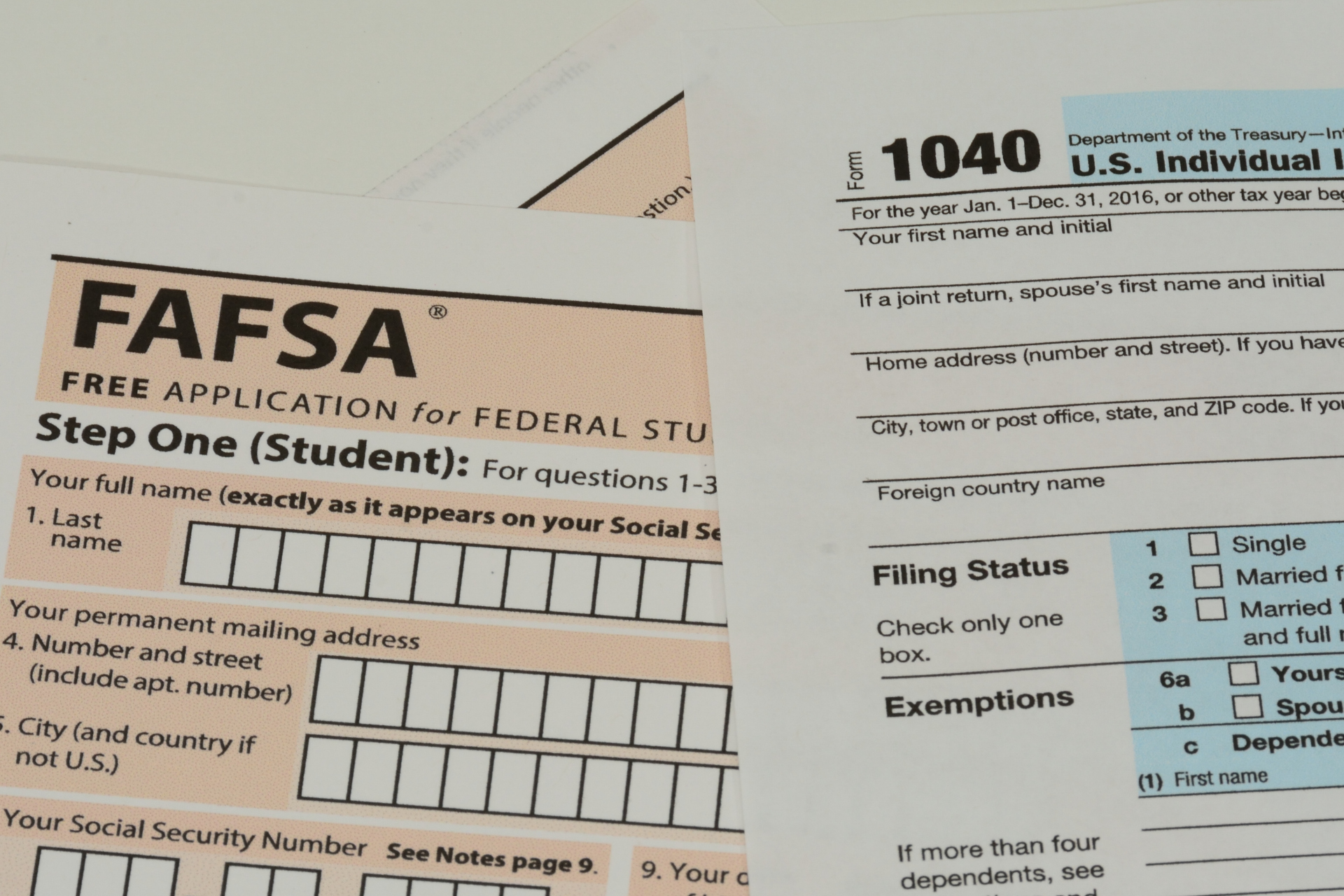When it comes to paying for your children’s higher education costs, there are a multitude of routes to reach your goal, and it can be confusing to navigate the different savings options, scholarships, and federal financial aid. Some families utilize a 529 plan – a tax-advantaged savings plan that can be used to assist with college expenses. Recently, there have been articles that claim 529 plans can reduce the financial aid awarded to students. While there is some truth in this, the effects can be minimized or even eliminated if you are aware of the nuances dealing with the FAFSA and 529 plans.
How does financial aid work?
Financial aid is provided by universities based on need after a student fills out the Free Application for Federal Student Aid (FAFSA). The FAFSA creates a snapshot of household finances and allows each school to calculate the expected family contribution, or EFC. The EFC is subtracted from the cost of attendance and the remainder is the calculated need for financial aid assistance. Then, the college typically assembles a financial aid package that is a combination of grants, federal work-study opportunities and student loans, in the amount great enough to cover or get close to the calculated need.
It is important to note that some private schools use the College Scholarship Service (CSS) Profile to calculate financial aid. The CSS Profile calculates assets differently than the FAFSA, so if the school your child is interested in attending uses the CSS Profile, contact your adviser to plan the correct course of action for your 529 plan.
Account ownership
A 529 plan owned by a dependent student or their parent is considered a parental asset on the FAFSA. The first $20,000 falls under the Asset Protection Allowance (exact dollar amounts vary by year and age), and any assets beyond that reduce the financial aid package by a maximum of 5.64%. So, if you have exceeded the Asset Protection Allowance by $10,000, the financial aid package will be reduced by $564.
It is important to note that a grandparent-owned 529 plan is not entered into the FAFSA and will not affect the financial aid package, as long as withdrawals are not being made.
Withdrawals
Taking withdrawals from a dependent student or parent-owned 529 plan does not affect the financial aid package awarded. However, withdrawals taken from a grandparent-owned 529 plan, for college expenses, are considered “untaxed income”, and the financial aid package will be reduced by 50% of the withdrawn amounts. So, if your grandmother pays $10,000 of your tuition from a 529 plan she owned, your financial aid package would be reduced by $5,000.
If you are divorced, the non-custodial parent’s 529 plan assets are treated the same as grandparents.
What do we do?
Don’t worry! There are multiple options to ensure your 529 plans have the least impact on financial aid awards:
- Change account owner. The grandparent can change the account owner to the parent, if permitted by the 529 plan. This will yield a more favorable financial aid treatment at 5.64% reduction instead of 50%.
- Rollover 529 plan funds. The grandparent can roll over a year’s worth of funds to a parent-owned 529 plan. If the rollover occurs after the FAFSA is filed, the funds won’t be reported as an asset on the FAFSA (assuming the funds are spent before the next FAFSA is filed). Distributions from this 529 plan also will not affect aid eligibility because the 529 plan is owned by the parent.
- Take a distribution later. The grandparent can wait until after January 1 of the beneficiary’s sophomore year in college to take a distribution. Since the FAFSA uses the 2 years prior information for income and tax information, there will be no subsequent year’s FAFSA to be affected by the distribution if the student graduates in four years. If the student will graduate in five years, the family should wait an extra year.
With so many options and each of them making a large impact on your college savings, it is imperative you contact your financial adviser to discuss your options. Your adviser will be able to analyze your individual situation and help you choose the best option for your family.


Social Media